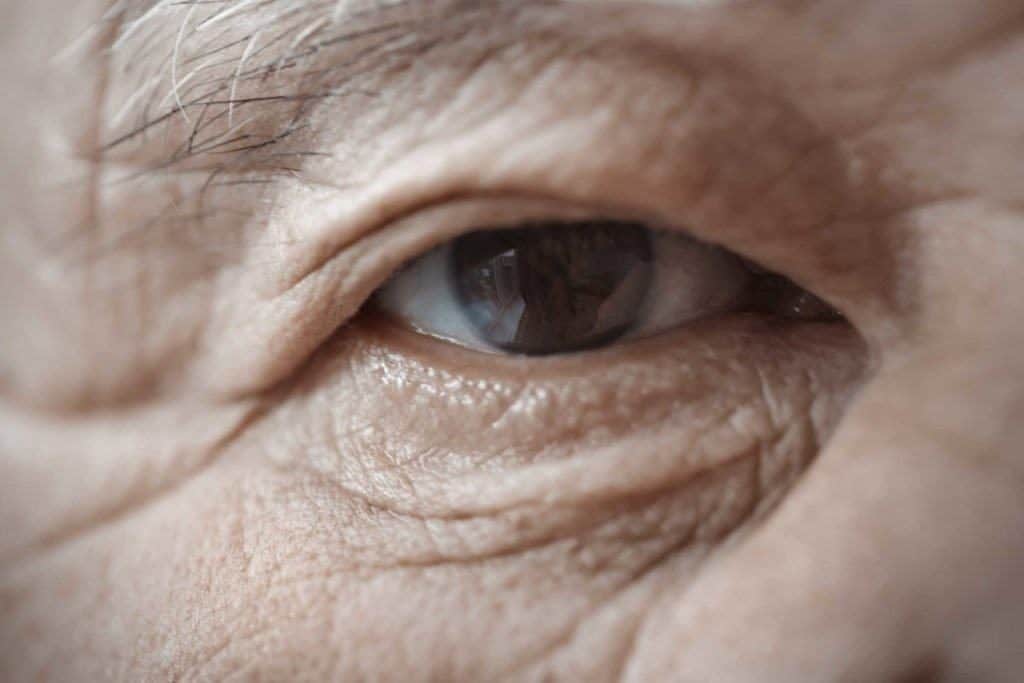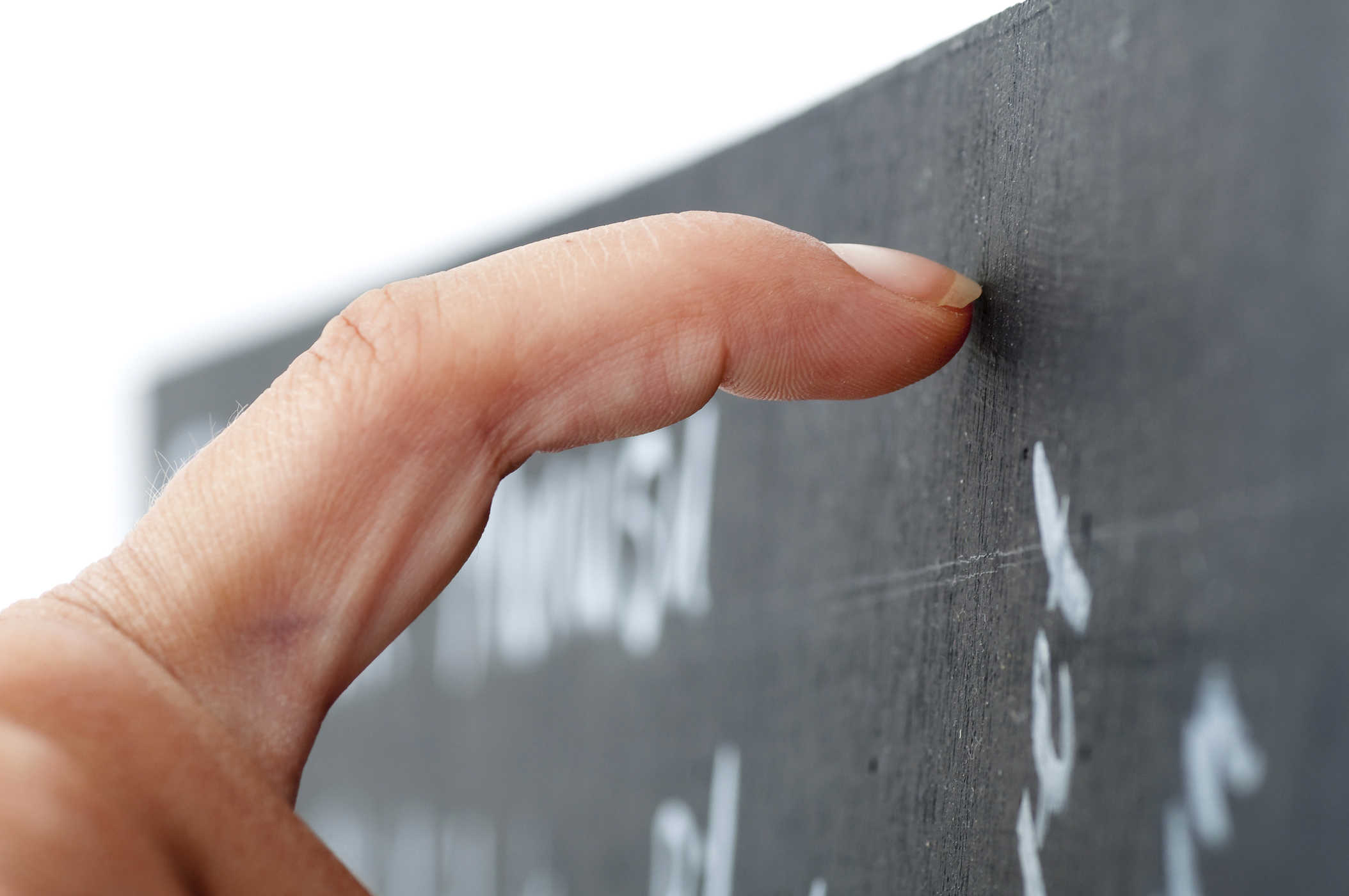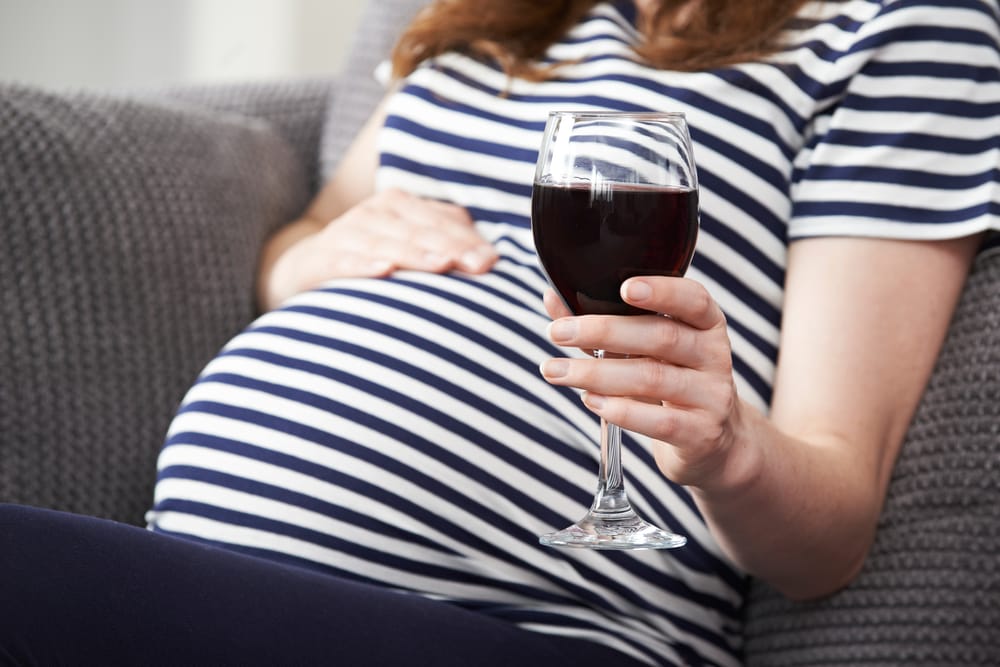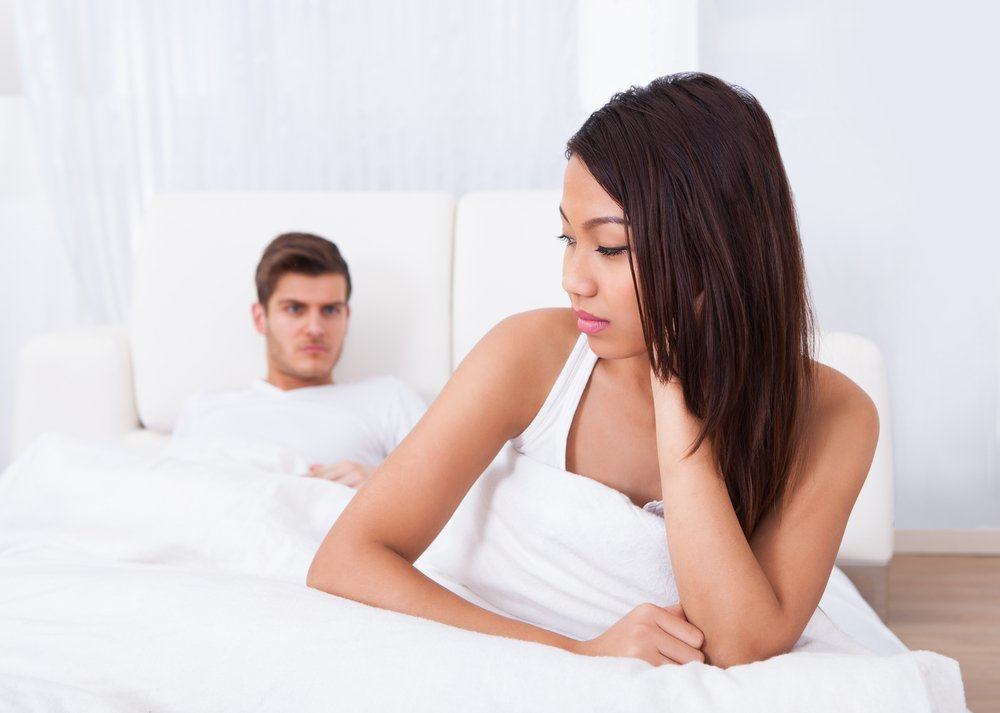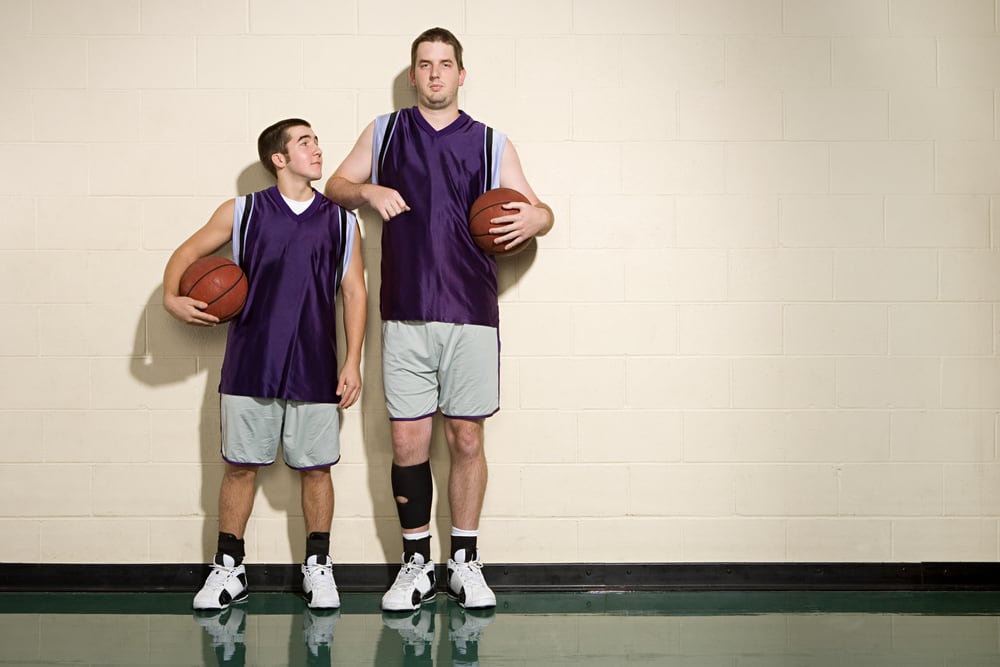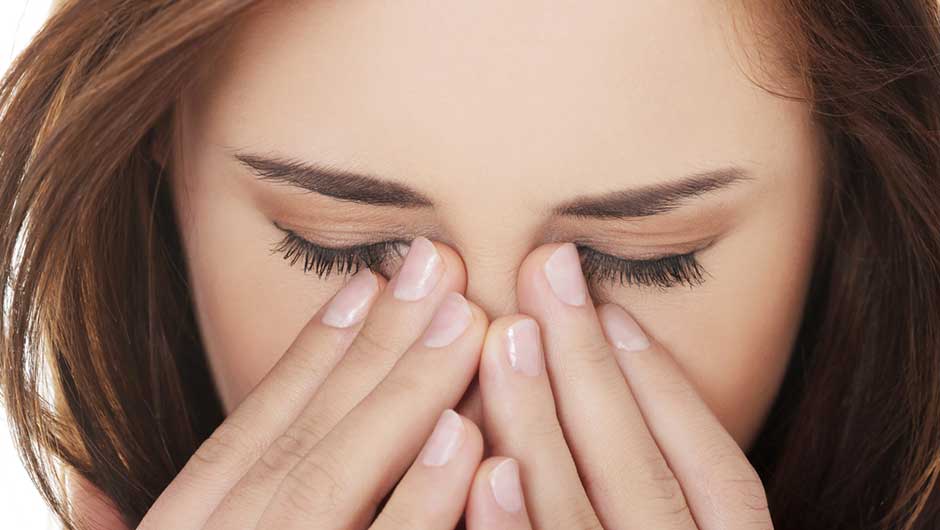Contents:
- Medical Video: Stroke survivors at raised risk of dying if they are depressed
- What is depression?
- What are the symptoms of depression?
- Why do strokes cause depression?
- Wrong way to deal with depression after a stroke
- The best way to overcome depression
- What should I remember?
Medical Video: Stroke survivors at raised risk of dying if they are depressed
Stroke sufferers often face unwanted mood changes after a stroke, such as anxiety and irritability. However, depression is the most common mood condition and often must be faced by stroke patients.
What is depression?
Depression is different from sadness. Sadness usually occurs in a short period of time and is caused by certain events such as the death of a pet or failure to get a promotion in the office. Depression is formed from feelings that are very strong from within, and also shown through symptoms that appear from the outside.
The condition of depression is more severe than ordinary sadness and often makes the sufferer feel overwhelmed. Many people describe depression as 'slumped in a deep hole' or like 'stuck in a dark cloud'. Depression is caused by a disorder of some chemicals that control brain function and depression can even be caused by changes in the brain's own structure.
What are the symptoms of depression?
Some symptoms of depression include lack of motivation, external appearance that seems negative and pessimistic, likes to cry, difficulty sleeping or too much sleep, fatigue even if there is little activity, and lack of appetite or appetite which actually increases. Often also shows symptoms of apathy or a sense of indifference to people and events related to the depression.
Emotions that you might feel if you experience depression include sadness, despair, loneliness, and extreme anxiety. It is difficult to escape from a deep feeling of depression, even if the external symptoms can be overcome or hidden.
Why do strokes cause depression?
Stroke can cause depression for several reasons. One is because you realize that your health may never be the same again, or that you realize that you are 'old'. Stroke is an emotional angler and can trigger various emotions such as anger. Your emotional response may experience some changes from time to time. It is important to recognize symptoms of depression so that you can try to get help through effective methods such as counseling.
Another reason for depression is a defect that occurs after a stroke. You may have lost some physical or cognitive skills. You may now be unable to drive, do work, or even walk. Of course, depression can be understood when dealing with extreme life changes. However, as time passed, even patients suffering from major disabilities could learn to appreciate and maximize their abilities.
In addition, the third reason for depression after stroke is that certain types of strokes can affect the brain region that controls mood.
Wrong way to deal with depression after a stroke
Some people try to distract themselves by being very busy or by focusing on anger or by doing destructive behavior (including self-destruction). When people deal with internal disturbances by busy themselves or turning sadness into anger, this can indeed help you forget sadness but only temporarily. You force the subconscious to hide the pain from the depression. The problem is, many of these 'distraction' methods can harm themselves (for example when using alcohol or illegal drugs) and only cover temporary depression, without solving the real problem.
The best way to overcome depression
The more a person is depressed, the more the body produces chemicals that contribute to depression and the body learns more to respond to these chemicals. So, the longer you are depressed, the worse and deeper your depression will be.
Ways to deal with depression include joining a support community or getting professional help from a therapist through counseling. Your doctor may suggest lifestyle changes, such as reducing alcohol use, changing your diet, or doing more physical activity. Sometimes medical examinations can reveal medical causes of depression, such as hormonal imbalances or sleep disorders. Some medications can cause side effects of depression and your doctor may consider switching to other drugs if you experience side effects such as depression. Anti-depressant medications can help relieve symptoms of depression.
What should I remember?
Stroke can cause depression. Therefore, it is important to get help in overcoming depression, because this condition is actually very treatable. It is also important not to take heart if the person closest to you is depressed. Try to help him get professional treatment for depression after a stroke.

